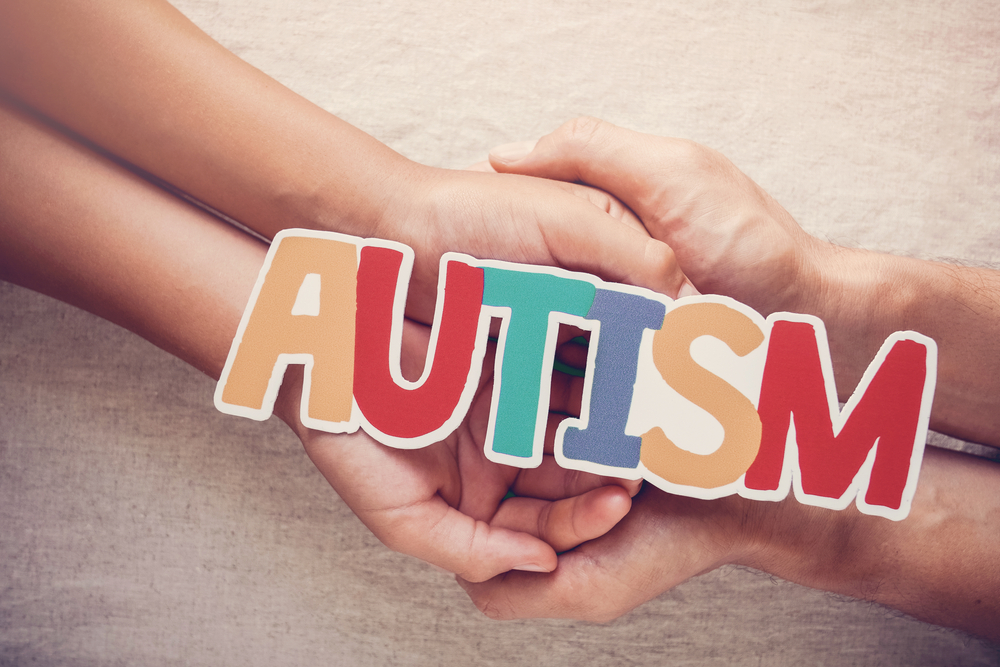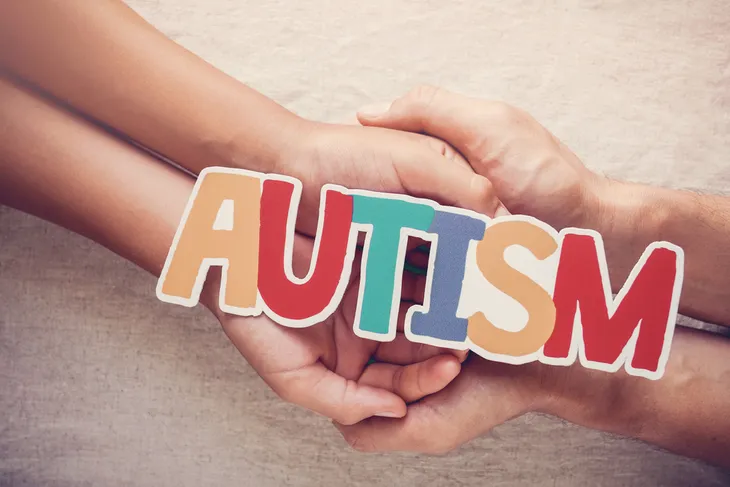When someone is diagnosed with autism it comes with many mixed emotions. You’ve likely waited several months or more to have a doctor determine whether your child is autistic or not and when that time does come, it’s hard to know how to cope with all the overwhelming emotions that come along with it. I know this because I have personally been there, not once, but four times. Three of my four children are autistic, as am I.
My autism diagnosis came at the age of 33. You’d think after that many times, it gets a little easier to hear the words, “it’s autism.” However, that’s not the case. Our first child to receive an autism diagnosis is my youngest. After losing all his words at 19-months, his diagnosis came at 23-months-old. Even before this I had seen signs of autism. I faced an internal battle each day wondering if I was overreacting or underreacting to each thing he did.
After three hours straight of testing, the doctor came in and told me my baby had autism. While I was relieved to finally know what was going on, I was also devastated. Then, six weeks later our second youngest child received her diagnosis at 8-years-old. I had not yet even fully processed all of my emotions from my son’s diagnosis and here we were with another. It was another moment of relief and fear. I would go through this one more time a year later when our oldest child was diagnosed at the age of 11.
When it came to my own diagnosis, there was peace. I finally had the answers to why I was bullied, why I didn’t understand things, and how I could better myself and my own self esteem. Still, I felt for the little girl from my childhood and wished someone would have helped back then.
For anyone going through a diagnosis for the first time or fourth time, here are some tips I’ve learned along the way on how to cope with an autism diagnosis.
Remember, Grief is Normal
While each diagnosis was at different ages and stages of life, they all brought a mixed set of emotions. We all go through the cycles of grief and must process our emotions, both good and bad.
One of the biggest things I wished someone would have told me before all this was that grief is normal. You are not mourning your child, but rather what you thought their life would be. Parents spend a lot of time dreaming about who their children will be, what their life will be like, and we of course, wish only the best for them. An autism diagnosis can shatter those dreams.
It’s important to remember that the fantasy of a perfect life for a child isn’t realistic no matter what. And an autism diagnosis does not equal failure. There are autistic individuals in every field, including doctors, teachers, engineers, scientists, artists, and more. Their diagnosis will not rewrite their story.
When it comes to coping with an autism diagnosis, the first step should always be to provide your child with the appropriate resources right away. While it is okay to grieve, you cannot let that get in the way of helping your child thrive.
Take Care of Yourself
The next step is the hardest. You need to work through your emotions. When it comes to being parents, we often put ourselves on the back burner. We focus so much on our children that we forget to take care of ourselves. It is equally essential that you provide yourselves with the right resources too! These can be finding a support group, talking with friends, or journaling.
Set Reasonable Expectations
Another important thing to do is set reasonable expectations. Don’t limit your child now that they have their diagnosis, but don’t push them either. You’ll quickly learn how to perform that delicate balance. When your child first receives their diagnosis, you will be offered every therapy and specialist out there. While your child needs to get started as soon as possible, it does not have to be all at once. Make a game plan with your child’s doctor on what resources need to come first.
As parents, we want our children to be successful and do not want to see them struggle. While this is great, it sometimes leads to us pushing them too hard. No matter their diagnosis, your child is still a child which means they need time to play, explore, and just be children.
Make Time for the Rest of the Family
A child with special needs takes a lot of time and attention from a parent. Just remember to also spend time focusing on not only yourself, but your significant other and other children or family members.
It’s easy to get wrapped up in everything to do with their diagnosis, including all their appointments, resources, and support. While it’s no doubt the natural thing to do as a parent, it’s all about balance. Make sure to take the time to continue to build a positive relationship with others.
Treat Your Child the Same, No Matter What
Last but not least, remember that your child is the same child they were before they walked into that doctor’s office. The only thing that has changed is some words on a page and the opportunity to receive the resources they need to thrive.
When you leave that doctor’s office, it can seem impossible to cope with an autism diagnosis, but I promise you that you can do this. You and your child are going to do great. Lean on the support of those who love you and your child, give yourself the time and space to grieve, and continue to be the amazing parent that you are!








